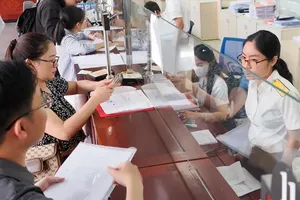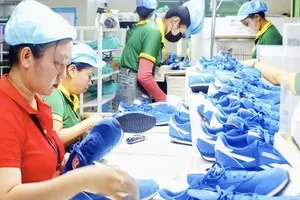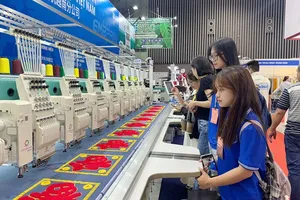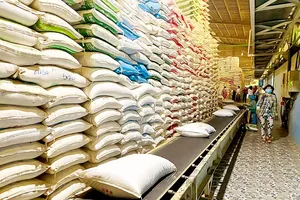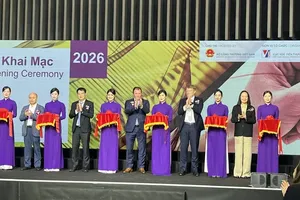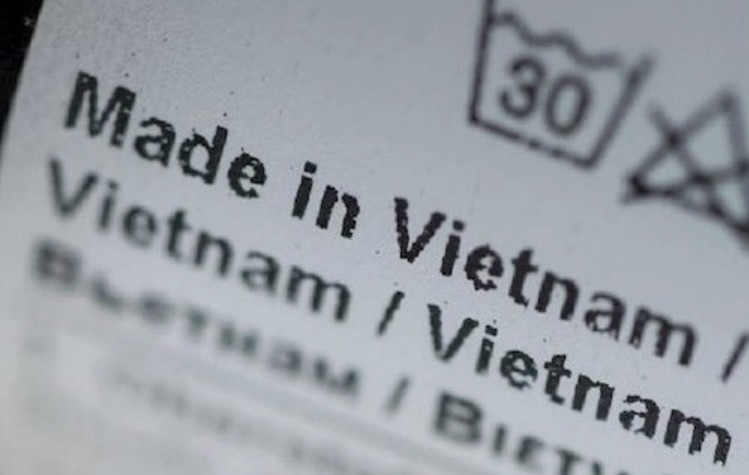
The Ministry of Industry and Trade (MoIT) announced on the afternoon of September 17 that Deputy Minister Nguyen Sinh Nhat Tan had signed an official dispatch seeking feedback from ministries and agencies on a draft submission to the Government and a draft decree defining criteria for determining whether goods qualify as being of Vietnamese origin when circulated domestically.
Under the draft, goods will be recognized as of Vietnamese origin in two cases: when they are entirely produced from domestically sourced materials, or when imported materials are used but undergo final processing or manufacturing in Vietnam that fundamentally alters their nature.
In such cases, businesses may voluntarily label their products with phrases such as “Made in Vietnam,” “Manufactured in Vietnam,” or “Origin: Vietnam.” Enterprises bear full responsibility and must be able to prove the origin of their goods upon request from competent authorities.
A representative of the MoIT stressed that the draft decree does not impose new administrative procedures. Businesses themselves will determine and take responsibility for labeling, without requiring approval or licensing from regulators.
The MoIT explained that the need for this decree arises from the reality that many companies have been labeling products as “Made in Vietnam” after only simple assembly or minimal processing, which has frustrated consumers and undermined the reputation of Vietnamese goods. At present, enforcement agencies lack a clear legal basis to address such practices.
By setting clearer criteria for origin, the decree is expected to enhance market transparency, curb trade fraud, protect consumers, and preserve the credibility of the “Vietnamese product” brand. The MoIT also noted that international practice follows similar principles: goods must either be wholly produced domestically or undergo their final, essential transformation in the country of labeling.
The MoIT emphasized that the decree will help improve the legal framework on labeling, provide a foundation for businesses to build their brands, and strengthen market oversight by regulatory bodies.



